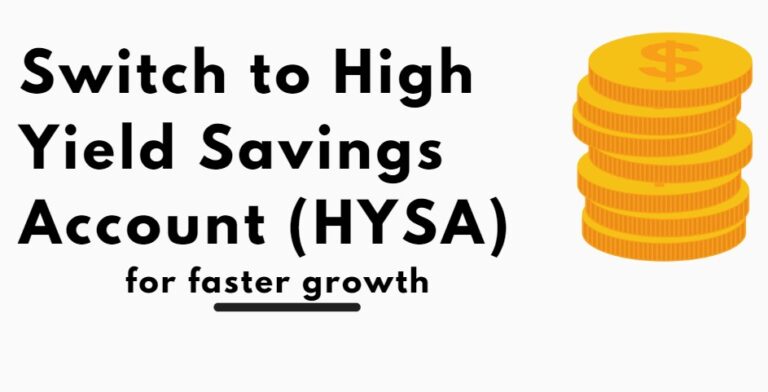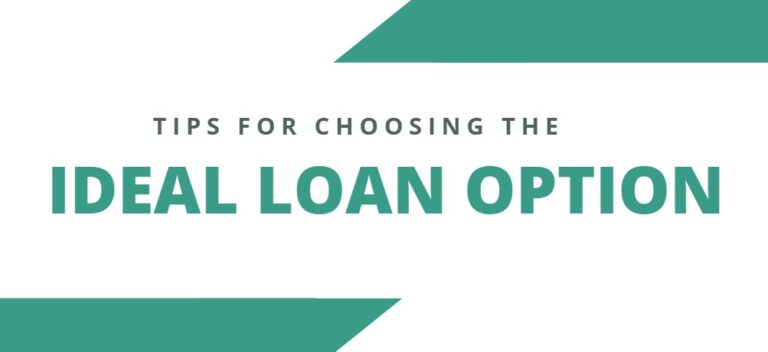Just like earning, saving, and investing, spending is also the crucial factor determining one’s financial success. Overspending can be a matter of concern for your financial health. You can easily fall prey to consumerism and end up making bad financial decisions. Even with a proper budget and goals, one may get addicted to overspending. In this article, we will try to assess the reasons behind the habit of overspending and some tweaks that help you learn how to stop overspending.
How to find if you are overspending?
Just make a list of all the items you have bought last month. Then make an entry in the second column about how many times you have used it since the purchase.
- Check if you are on track with your long-term and short-term goals. How many times have missed the contribution to saving funds in the last few months?
- Check the history of your internet browser. Do you find that it is full of shopping sites?
- If after doing this exercise, you do not get satisfactory answers you might be overspending unknowingly.
Why does overspending occur?
People tend to overspend for multiple reasons which could be psychological, peer pressure, financial illiteracy, etc. Psychological reasons for overspending include shopping addiction, emotional gaps in life, and ego issues.
Shopping addiction
Overspending is often linked with psychological factors like compulsive shopping. Just like intoxicants and substance abuse, is sometimes difficult to come out of the situation, and has devastating effects. But the question arises why does shopping addiction happen? The answer is the short-term euphoria we develop before shopping and the quick satisfaction we derive after the purchase. This can lead to cravings for shopping again and again.
Emotional gaps in life
Apart from negligence and lack of proper financial plans, overspending is sometimes triggered by other emotional gaps. For, if you are bored for a long time, you are more susceptible to overspending on entertainment products like video games which in turn, make you even more lonely and more stressed. The better way of dealing with boredom would have been making new friends & developing new hobbies. Similarly, there can be multiple emotional gaps like lack of good relationships, rejection, guilt, anger, unattractiveness, neediness, etc.
Egoistic lifestyle
Egoistic people tend to have be unnecessarily competitive approach in the workplace, friend groups, or relatives. An uncontrolled ego may make you make wrong financial decisions like overspending on branded clothing, purchasing a car out of your budget, buying gadgets not to fulfill your needs but to compete with peers, etc.
Lack of budget
With most people, the problem of overspending is not as serious and addictive instead they tend to buy out of budget because they neither stick to a financial plan nor have saving goals. They are just habitual in making instantaneous decisions.
Lifestyle inflation
Both our income tends to increase income with time. As time progresses, we tend to increase our budget for the same thing that earlier required less money. Gradual lifestyle inflation is a good thing but problem arises when it cannot keep pace with income. Lifestyle inflation can push you towards overspending if not controlled voluntarily. The lifestyle which once considered luxury has now become a lifestyle of the masses and if someone increases his expenses just because all friends and neighbors have done so, then it could be a bad decision.
7 Tips on how to Stop Overspending
We have the most common causes of overspending. Overcoming it can be a very simple task if you start making informed and calculated decisions instead of following your instincts. These simple methods can be very helpful in controlling overspending.
Make a budget
Budgeting can be a little tricky if you take it as a big task. Instead, develop it slowly. Initially, you can just make some small saving goals and allot a dedicated monthly contribution to it. Keep it small but stick to it at any cost. Then you can consider making a log of all expenses that occurred in a month and categorizing each expense under a separate category like travel, housing, utility, entertainment, clothing, etc. This will help you analyze in which category are you overspending. Then you can set a spending limit on each category. Though the process sounds complicated you can easily adopt it by just dedicating 5 minutes a day to it.
Focus on long-term goals
Have you experienced that after seeing a motivational video or reading an article, it feels like you are just going to change everything but it all fades away after a good night’s sleep? It happens because our mind cheats us to take us to our comfort zone. Having strict long-term goals can be helpful in keeping motivation high for a longer time. You should make some long-term saving goals and a proper plan of monthly contributions to them. You can also consider automating them. The goal could be anything depending on your situation like saving for a child’s future education, a new home, a car, retirement, etc. Consider investing in an ETF.
Prefer cash over credit cards
Cash has more psychological attachment compared to cards as per the study. (Drazen Pralec and Duncan Semester at M.I.T). Though you are spending the same amount, you are more emotionally attached to products bought with cash. Also luring offers in credit cards further pushes you to make further purchases So, it can be a good idea to keep yourself away from credit cards.
Keep a gap between repetitive purchases
On analyzing your expenses, you may find that some of the purchases that you made are repetitive in nature like eatouts, movie tickets, shopping for clothes and gadgets, etc. On careful inspection, you may find some of them are very frequent and unnecessary. So, you can consider deciding on a minimum time period for the next purchase of that good or service.
Develop a good hobby
I have already discussed how emotional gaps can trigger overspending. A good to fill those can be developing new hobbies like traveling (you can consider bag packing and couch surfing if you have a strict budget), learning music, cooking, etc. This can help fill some time of your day with productive activities that you otherwise have spent on a shopping site or a restaurant.
Talk about your expenses with friends and relatives
Some financial buddies may be your close friends, relatives, or spouse. Many couples even go through a divorce due to overspending as per Gobankingrates. A study also proves that people tend to hide the expenses that they feel guilty about. So, Having frequent talks can help you get valuable feedback. If you are not comfortable with it then you can also approach financial planners.
Meditate
You need strong willpower to change your spending habits. But your willpower gets weakened easily by loads of work and stress. “It can be compared to a muscle that becomes fatigued with overuse” as per the American Psychological Association. So doing meditation can be a solution. You can also try alternatives like swimming or waking up early and having a morning walk. But always remember consistency is the key.










